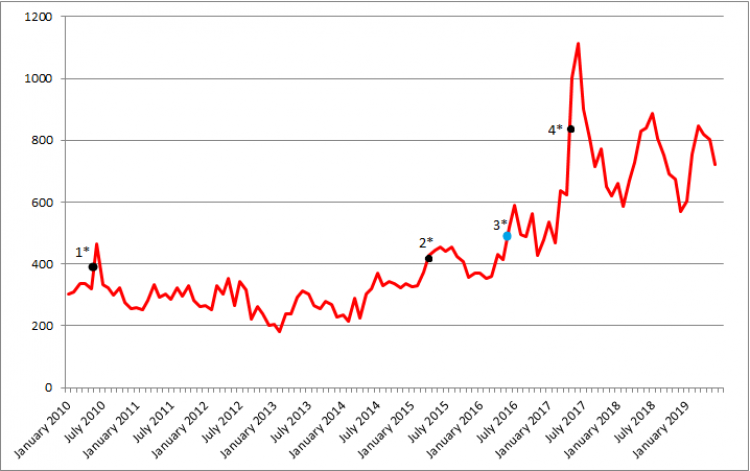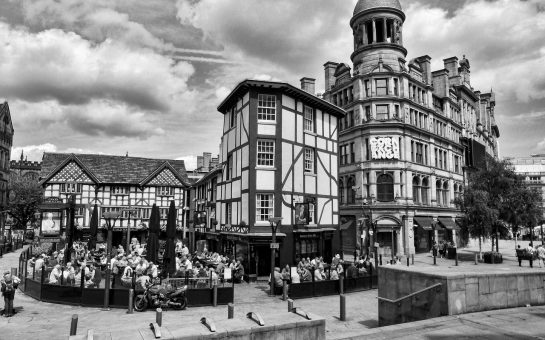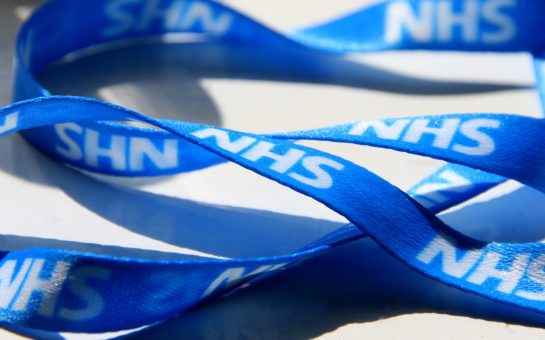Hate crimes in Manchester tend to rise in line with general elections, Greater Manchester Police data suggests.
The data, obtained by MM following a Freedom of Information request, shows that the number of hate crimes – defined by the CPS as hostile behaviour motivated by a victim’s ‘disability, race, religion, sexual orientation or transgender identity’ – rose in the month of, and the months immediately following, a general election between 2010 and 2019.
The most striking instance was the June 2017 election in which Theresa May was re-elected as prime minister. The number of hate crimes in Manchester in April of that year was 623, which soared to 1,001 in May and on to 1,114 in June – the month of the vote.
Hate crime numbers would not return to pre-election levels – around 600 – until November that year.
The 2017 election did take place in a year of various terrorist incidents, including the March 22 Westminster attack, the May 22 Manchester Area bombing and the June 3 London Bridge van attack, which may also have had an effect on the number of hate crimes in Manchester around this time.
However, other elections – all Conservative wins – show a similar pattern.

In the May 2010 election, in which David Cameron’s Conservative coalition government took over from Gordon Brown’s Labour government, the number of hate crimes in Manchester rose sharply from 319 in May to 465 in June, before dropping back to 332 in July.
Five years later, in the months preceding the May 2015 election, when David Cameron was re-elected, hate crimes rose steadily from 329 in February to 453 in June.
The data also suggests that the Brexit vote on June 23 2016 also coincided with a sharp rise in hate crimes. There were 413 hate crimes in Manchester in May; this leapt to 519 in June – the month the vote was announced – and on to a further 590 in July.
In general, hate crime numbers in Manchester have been on the rise since 2010. 603 were recorded in January 2019 – up from 304 in the same month nine years previously.
It is important to note that the data does not provide any information on the victims or perpetrators of the crimes. Nor does it include hate crime statistics for the most recent general election in December 2019.



